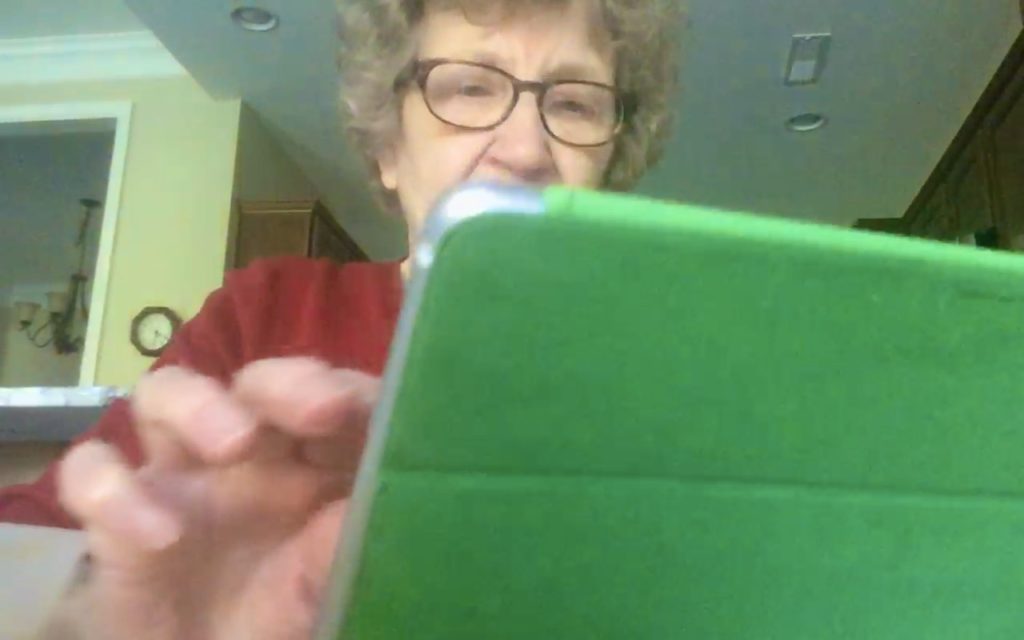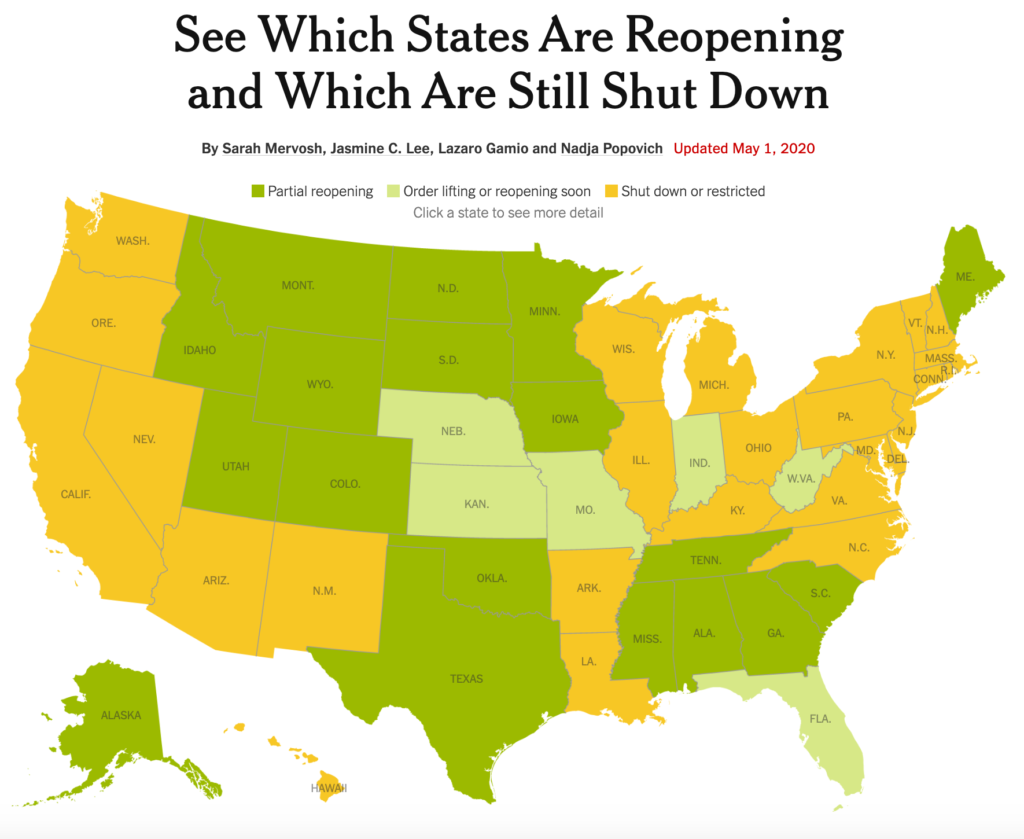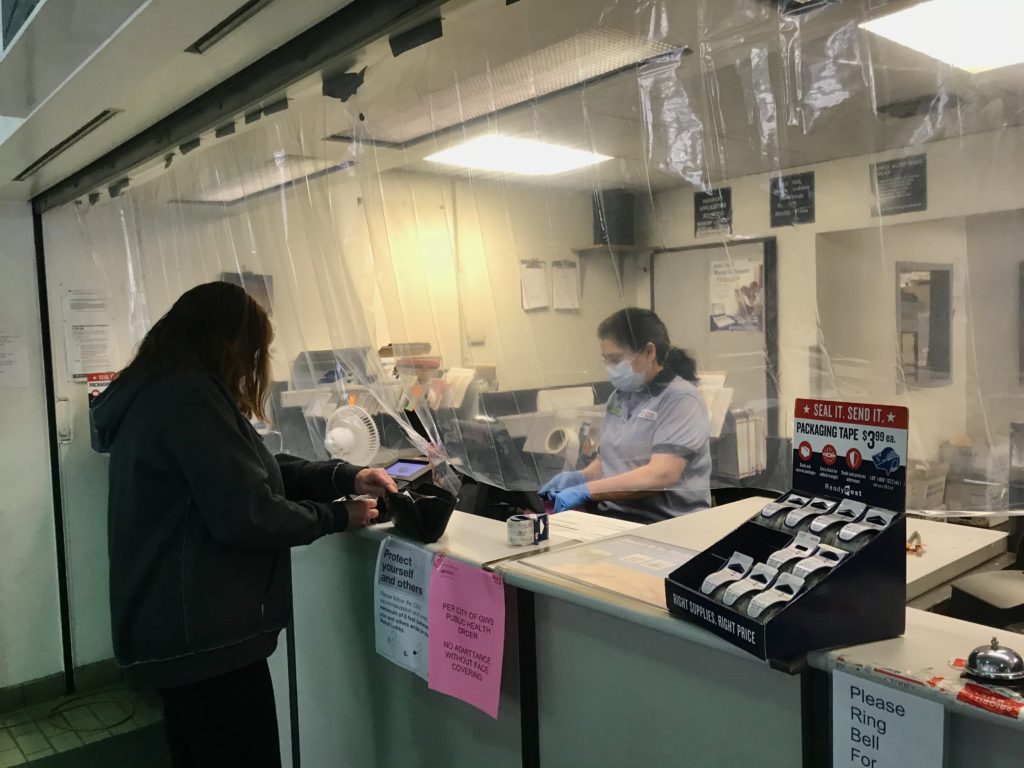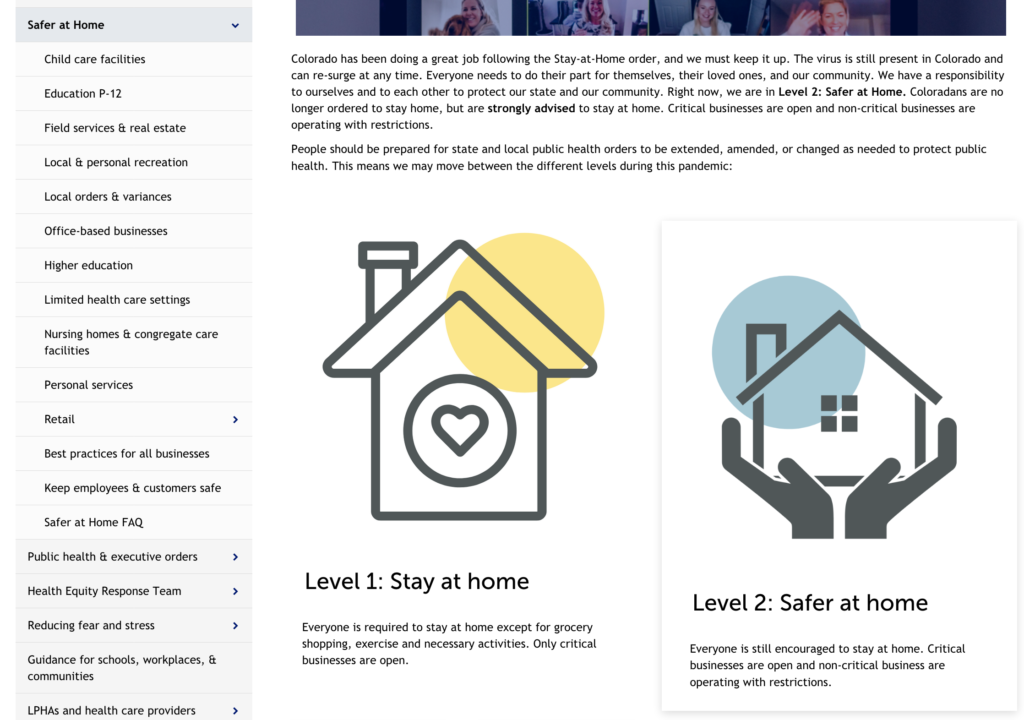
It is impossible to grasp the myriad ways that people are sheltering and we’re just getting started. Yesterday I attended my sister-in-laws birthday party via Zoom. There were less than 10 of us and we represented at least 5 different towns, 3 different time zones. Listening to their stories, I realized how different our realities are. Shaped by climate, housing, family configuration, and the state and town we live in, each of us have a different way, a different perspective of sheltering. Though we were pretty much in agreement that sheltering is a necessary action, I sensed that there were variations in what we considered safe. The variations weren’t extreme but very present.
I have a brother in Missouri who has sheltered with both of his 2 adult children and their 4 children. With 2 houses on adjacent property and lots of acreage, one daughter has temporarily moved in to their home with her son. The other daughter lives in a house 100 yards across the field with her husband, daughter and 2 sons. In the weeks since sheltering began in their state and town, they have remained on the land and had the benefit (and the sacrifices) of close contact with only each other. They have home schooled the children, some have worked remotely and one has worked outside the home in an essential and solitary workplace. They have done shopping as needed but generally have kept to themselves. They express their gratitude that they are able to have this time together, even though it is under some duress.
My mother on the other hand is sheltered alone. From the last week in March to the present, she has left her home only once to shop. She has had her groceries delivered by the store or one of my brothers and has kept in touch with us via voice and video conversations. I am very thankful that, at 89, she has the skills and a sharp mind for negotiating her computer and phone. Living over 800 miles from her, the Internet is a precious gift for connecting with her. She seems to keep herself busy with reading books, playing games on her computer, watching television, reading Facebook and the news. Through it all she stays connected with the family and the world. In some ways her life hasn’t changed too much for her, thought she misses the periodic physical contact she used to have with children, grandchildren and great-grandchildren.

As some states reopen and loosen safe at home living, our style of interaction will vary even more. While we can read what the recommendations are and have experienced some safe social engagement in the course of these weeks, we are still trying to establish our level of comfort and consequently our behavior. Joni and I have engaged in several video chats with friends and family and it seems that there is a subtle debate and negotiation in our conversations about what we’ve heard, read; about what is allowed and what is safe. If this is true of like-minded friends and family one can only assume that there is even greater diversity of thought in other communities and groups. At the extreme are people, a small but vocal minority, who still consider infection to be a hoax and you have a lot of room for confusion.
- What did you hear about parks being open? Can you hike? Can you camp?
- Can we cross state and county lines? What happens when we do? Can they stop us?
- Can I get my bike fixed?
- How do I tell someone to give me space? How do I deal with their anger (and language) when I do?
- How sick do I need to be to get a test? Is an antibody test more available? Is it just as good? How reliable are the tests? Can I feel safe if I have the antibodies?
- How can I be sure that people who work at my house conduct themselves safely?
- Should I allow people to pet my dog?
- If my friend and I have both been in isolation for weeks, can we safely gather? Should we still maintain 6 feet? With or without face masks? Can I go in their house?

These and other questions will get answered over the summer and into the fall and winter as we line up our social behavior with the change in infection rates. Hopefully we will have the tests that are reliable and accessible to measure our progress. Hopefully people will choose health over money, finding ways to bring commerce and comfort back without sacrificing their community.


